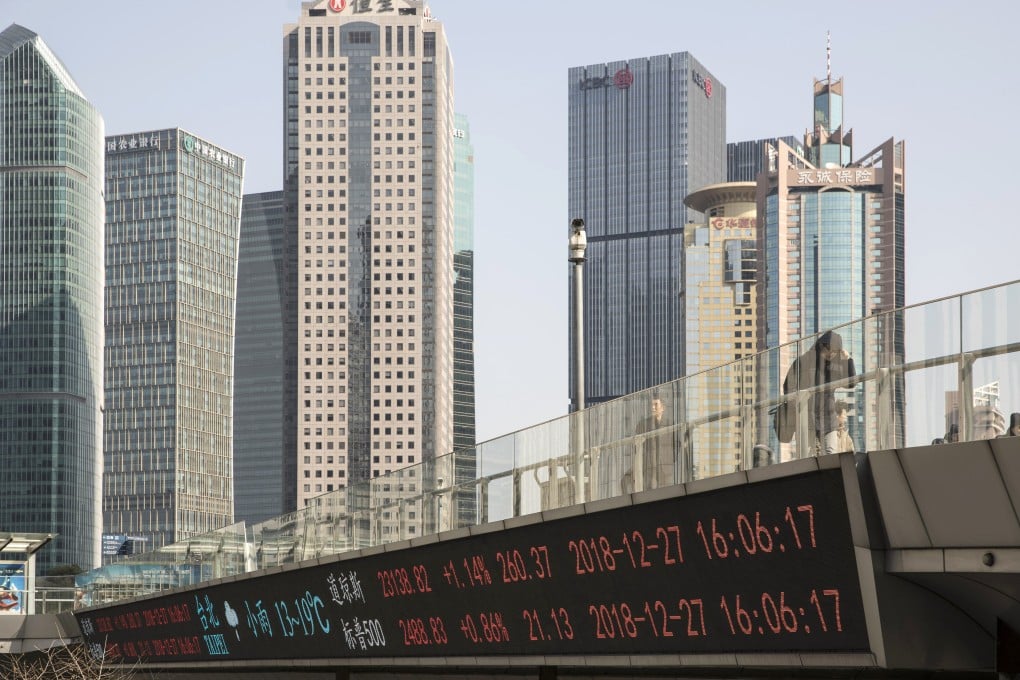Advertisement
China paints rosy picture of foreign investment despite Donald Trump’s claim ‘thousands’ of firms are leaving
- Foreign direct investment (FDI) into China in July rose 4.1 per cent from a year ago to US$8.07 billion, according to China’s Ministry of Commerce
- US President Donald Trump claims companies are fleeing China because of tariffs imposed by his administration over the last 16 months of the trade war
Reading Time:3 minutes
Why you can trust SCMP

Foreign investment in China accelerated in July despite trade tensions with the United States, contradicting claims from US President Donald Trump of an exodus of investors.
In July, foreign direct investment (FDI) into China rose 4.1 per cent from a year ago to US$8.07 billion, a higher rate from the 3 per cent rise seen in June, according to data released by China’s Ministry of Commerce on Tuesday.
In yuan terms, FDI increased to 54.82 billion yuan (US$7.8 billion) in July, 8.7 per cent higher compared to a year earlier, also picking up slightly from an 8.5 per cent rise in June.
Advertisement
As many as 3,919 new foreign-invested enterprises were incorporated last month, according to the calculations based on figures from the commerce ministry.
On Saturday, Trump claimed that “thousands” of companies were fleeing China because of US tariffs imposed by his administration over the last 13 months of the trade war.
Advertisement
Advertisement
Select Voice
Choose your listening speed
Get through articles 2x faster
1.25x
250 WPM
Slow
Average
Fast
1.25x